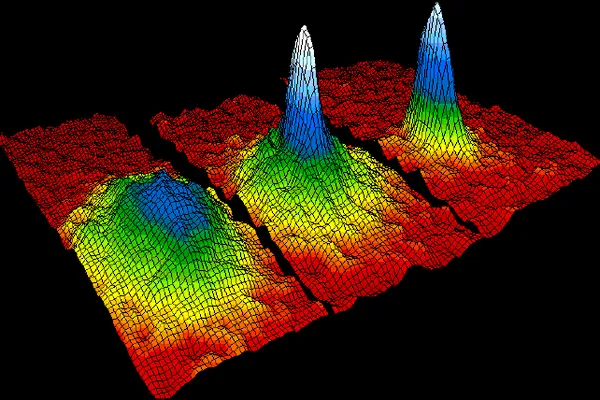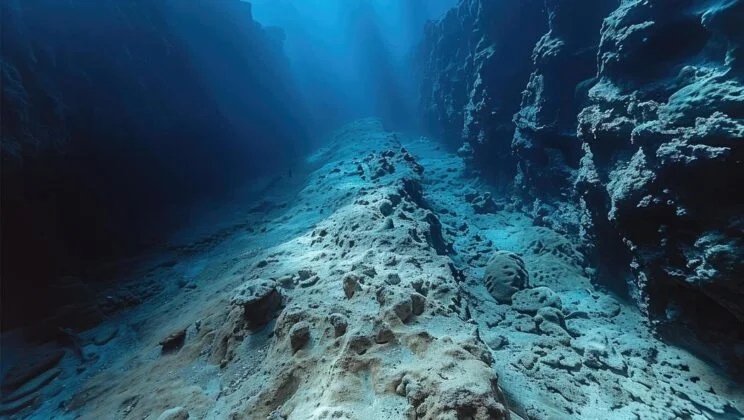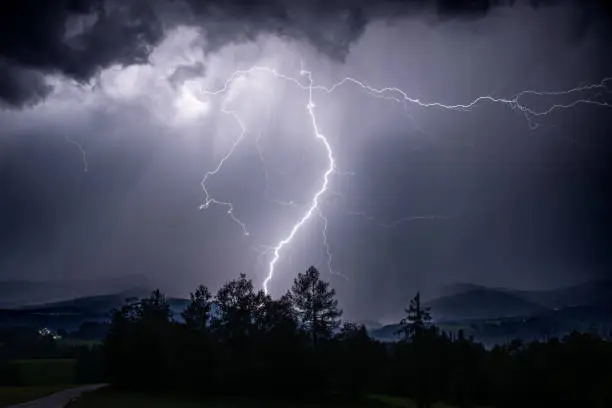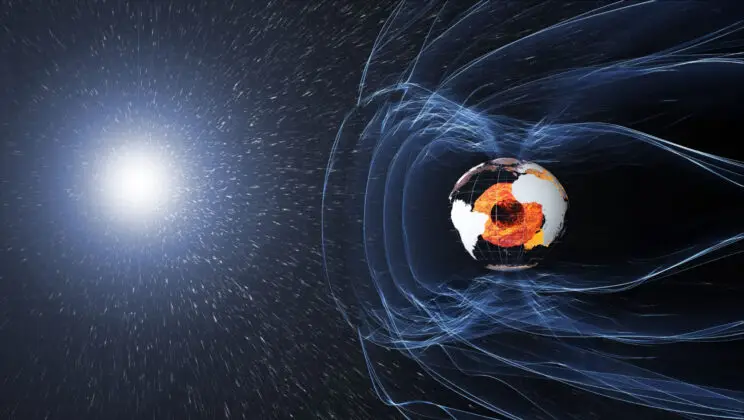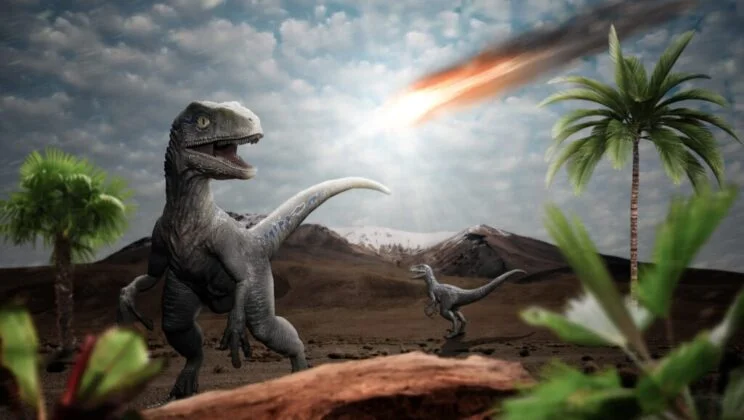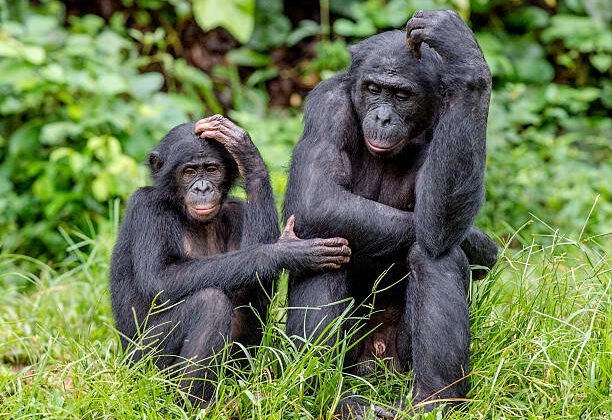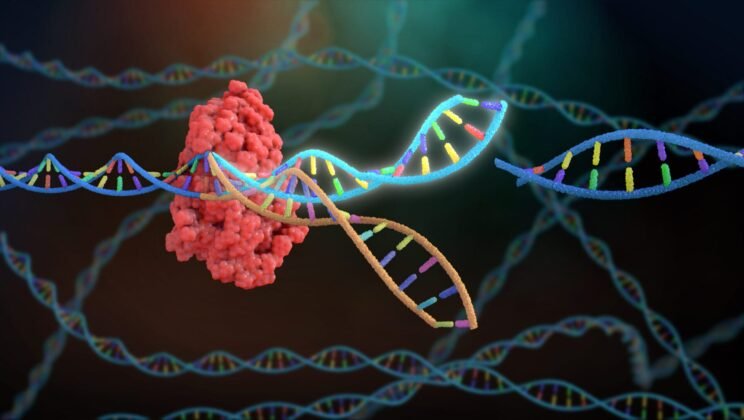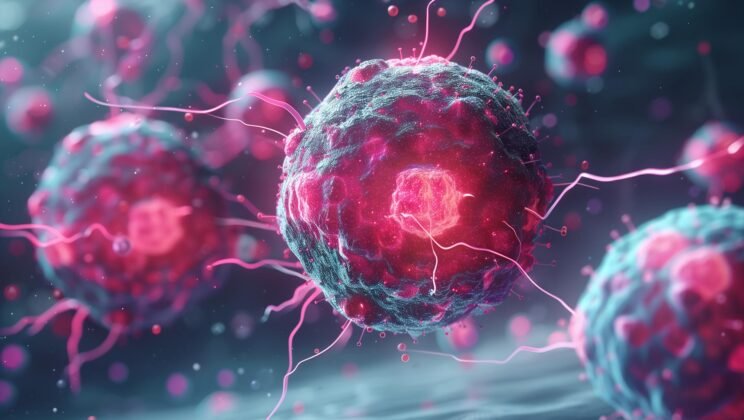The idea of cold fusion carries with it a unique mixture of hope, controversy, and intrigue. It is the dream…
Why Can’t We Reach the Absolute Zero Temperature?
From the earliest days of science, humans have been fascinated by extremes. We ask how fast something can go, how…
Why Is the Arctic Melting Faster Than the Antarctic?
At the very top and bottom of our planet lie two worlds of ice. Both are cold, remote, and seemingly…
How Deep Is the Mariana Trench? (The Creatures Living There)
The ocean has always carried a special kind of mystery. Its surface reflects the sky, familiar and beautiful, but beneath…
Can We Control the Weather? The Science of Cloud Seeding
The idea of controlling the weather has lived in human imagination for as long as people have depended on the…
The Mystery of the Bermuda Triangle: Where Fear, Fascination, and Fact Collide
Few places on Earth have captured the human imagination quite like the Bermuda Triangle. Mention its name and images arise…
Why Are the Earth’s Magnetic Poles Flipping?
The Earth feels solid beneath our feet, dependable and permanent. Mountains rise, oceans spread, and continents drift so slowly that…
The 6th Mass Extinction: Are We Currently Living Through It?
There are moments in human history when a question emerges that refuses to stay confined to academic journals or scientific…
What Happens to Earth if Global Temperatures Rise by 2 Degrees?
Two degrees Celsius does not sound dramatic. On a daily basis, temperatures fluctuate far more than that. A mild breeze…
Can We Survive Without Sunlight?
The Sun feels so constant that it fades into the background of our awareness. It rises each morning, warms our…
Is It Possible to Transplant a Human Memory? An Inquiry into Mind, Brain, and Identity
The idea of transplanting a human memory has haunted human imagination for generations. It appears in myths, in speculative fiction,…
Can Science Reverse Aging? The Truth About Longevity Research
Aging is the one biological experience shared by every human being. It begins silently, long before wrinkles appear or joints…
Why Are Humans the Only Species That Talk?
Among all the questions humans ask about themselves, few are as intimate and unsettling as this one: why are humans…
Can We Live to Be 150? The Biohacking Revolution
The question of how long humans can live has haunted our species since the dawn of consciousness. From ancient myths…
How CRISPR Technology Is Changing Human DNA
The story of human biology has always been a story of limits. For most of history, genes were destiny—mysterious instructions…
How Does AI Revolutionize Cancer Treatment in 2025?
Cancer has long stood as one of humanity’s most formidable biological adversaries. It is not a single disease, but a…
10 Future AI Trends That Will Define the Next Decade
Artificial intelligence is no longer a distant technological promise or a speculative concept confined to science fiction. It has become…
Can AI Dream? Exploring Neural Network Visualization
The question of whether artificial intelligence can dream is not merely poetic. It touches the deepest questions about how machines…
Why the Creators of AI Are Afraid of Their Own Invention
Artificial intelligence is often presented to the public as a triumph of human ingenuity, a tool designed to extend the…
Can AI Create a Biological Weapon? The Dark Potential and the Limits of Reality
Artificial intelligence has become one of the defining technologies of the twenty-first century, transforming how humans analyze data, design materials,…
Can AI Hack the Human Mind? The Threat of Neural Manipulation
The idea that a machine could reach into the human mind and subtly reshape thoughts, emotions, or decisions once belonged…
The Environmental Cost of AI: How Much Water Does ChatGPT Drink?
Artificial intelligence often feels weightless. It arrives on glowing screens as text, images, and answers, appearing instantly and vanishing just…

